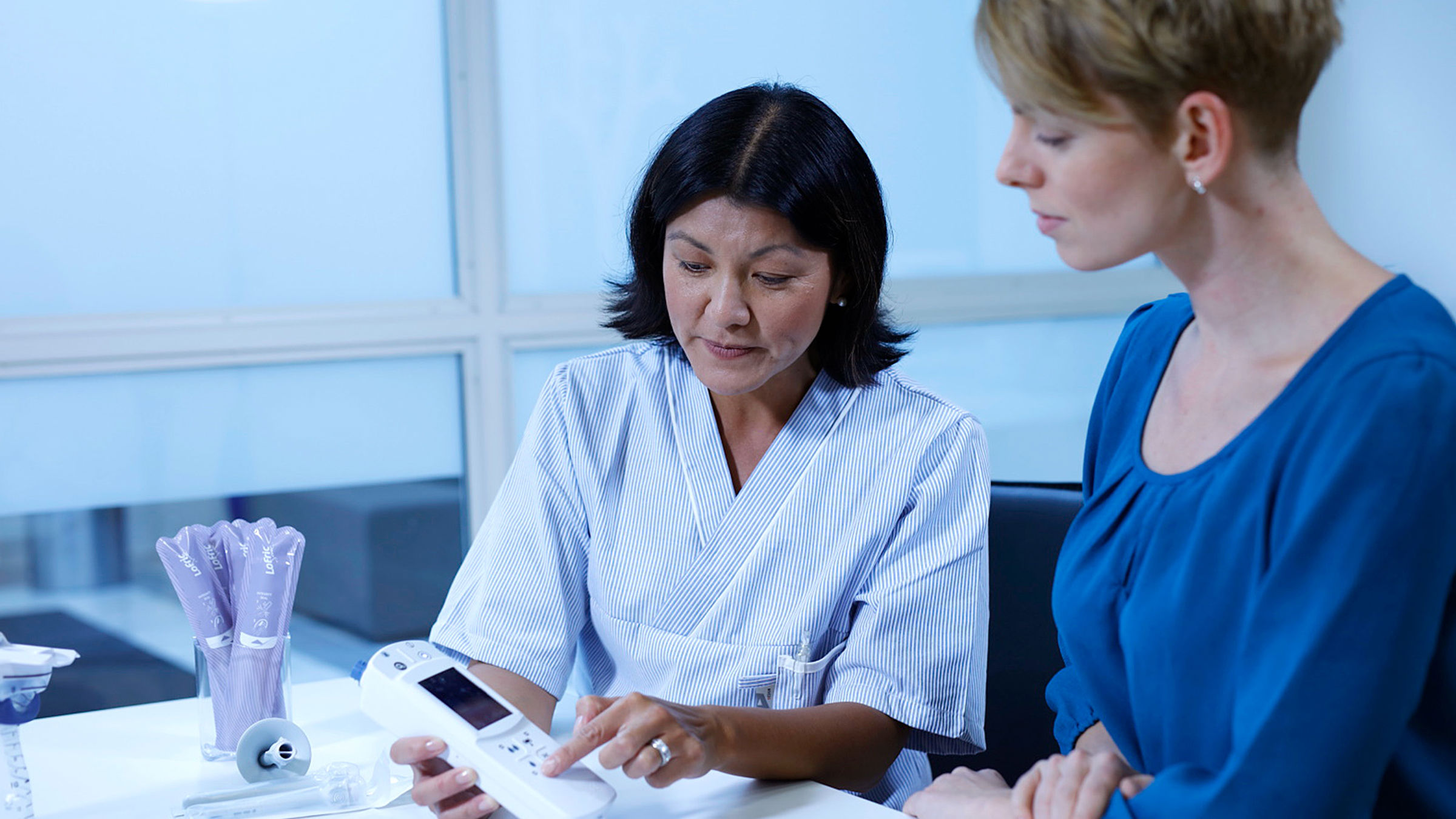Articles and Webinars
Whether you are a carer, a specialist, or completely new to continence care, Wellspect Education provides learning resources for your level of expertise
Whether you are a carer, a specialist, or completely new to continence care, Wellspect Education provides learning resources for your level of expertise

key:global.content-type: Article
This data was presented at The International Spinal Cord Society (ISCoS) conference in Antwerp October 2024.

key:global.content-type: Article
In this webinar, you will hear from Dr. Rebecca Haddad who is a physician specializing in Physical Medicine and Rehabilitation with a focus on geriatrics at Sorbonne Université in Paris, France. Her clinical, research, and teaching work is dedicated to the care of people aging with disabilities, with a particular focus on bladder aging.

key:global.content-type: Article
In this webinar you will hear from Dr. Gianluca Sampogna, a urologic surgeon working at the Spinal Unit, Niguarda Hospital, Milan, a referral center for bladder, bowel, and sexual health issues in spinal cord injured population. He is the Head of the Sexual Health Program which offers many solutions from sexual counseling to rehabilitation, from pharmacotherapy to surgery.

key:global.content-type: Article
In this webinar you will hear from Dr. Gianna Rodriguez, clinical Professor from Michigan US. She is the Director of the Spinal Cory Injury (SCI) Program in the Department of Physical Medicine and Rehabilitation (PMR) at Michigan Medicine in the US.

key:global.content-type: Article
This article explores how the aging process affects bladder and bowel function in SCI patients and discusses the need for specialized management strategies.

key:global.content-type: Article
This article explores strategies that can help address challenges faced by men who are in the initial stages of learning to use intermittent catheterization.

key:global.content-type: Article
This article summarizes the key challenges and recommendations identified in clinical practice guidelines (CPGs) governing an aging population with a spinal cord injury. It also highlights gaps and areas of improvement in existing guidelines.

key:global.content-type: Article
For those who rely on intermittent catheterization, minimizing discomfort is a key concern. This short video explores the science behind a smoother catheterization experience.

key:global.content-type: Video
In this informative short video (approx. 5 minutes), Susanne Vahr, a registered nurse and senior researcher with nearly 30 years of experience in urology, dives deep into the complexities of urinary tract infections (UTIs).

key:global.content-type: Article
This study provides valuable insights into the experiences of individuals undergoing IC that optimize patient care and support.

key:global.content-type: Article
In this article we sum up the key findings and recommendations of a 2023 study by Bauer et al. which explores intermittent catheterization (IC) by children and adolescent in school settings.

key:global.content-type: Article
In this article you will get the perspective from an individual with a SCI on the management of his bladder and bowel after the injury.
